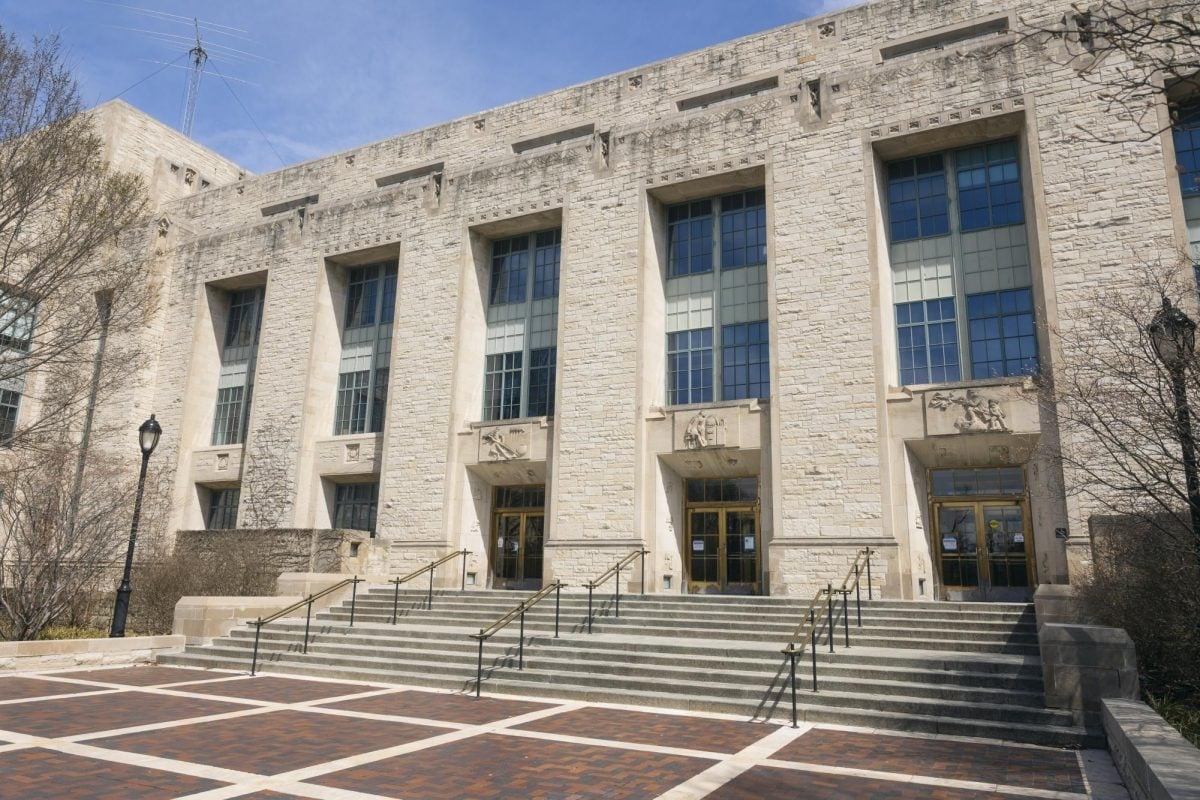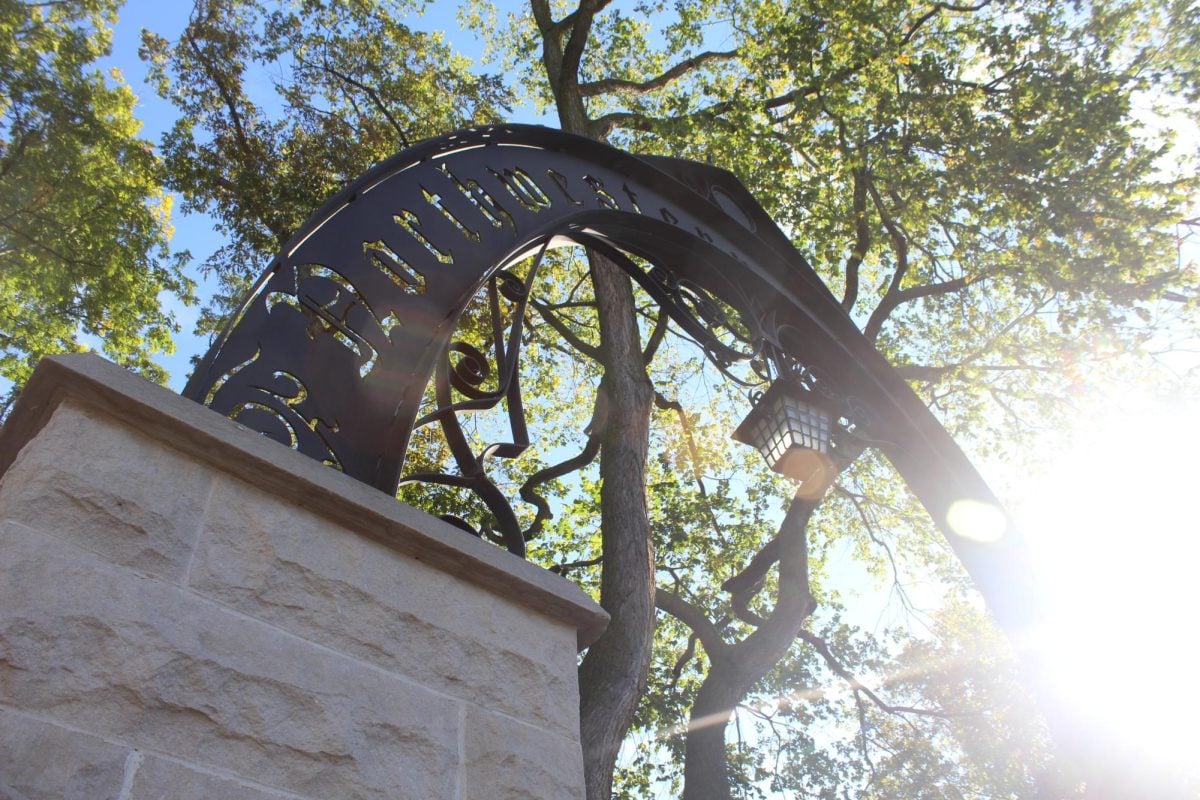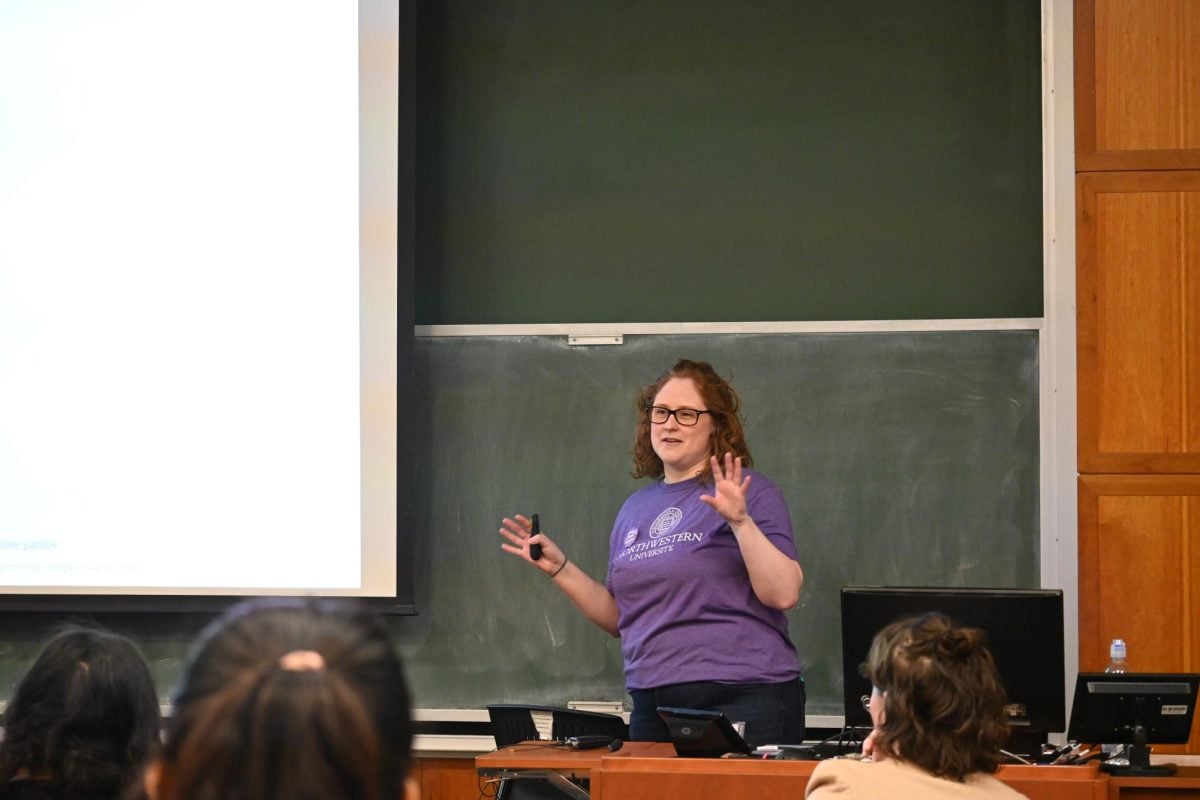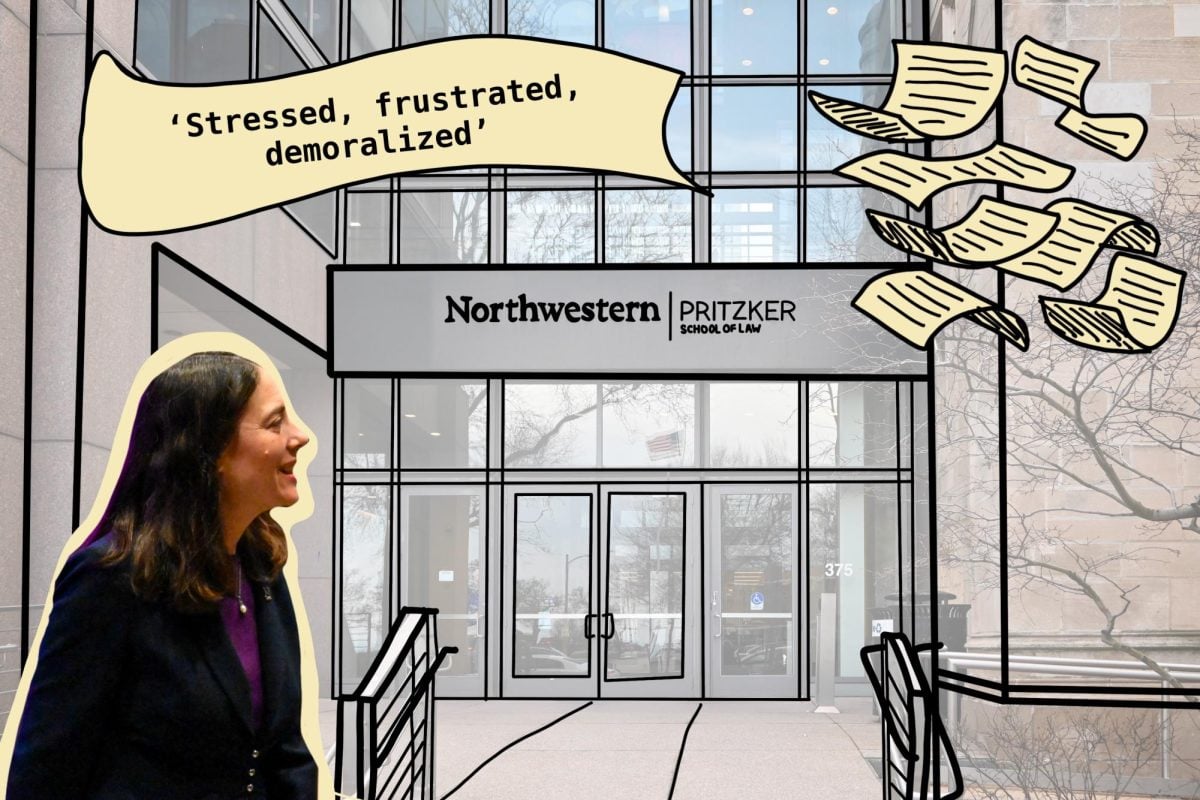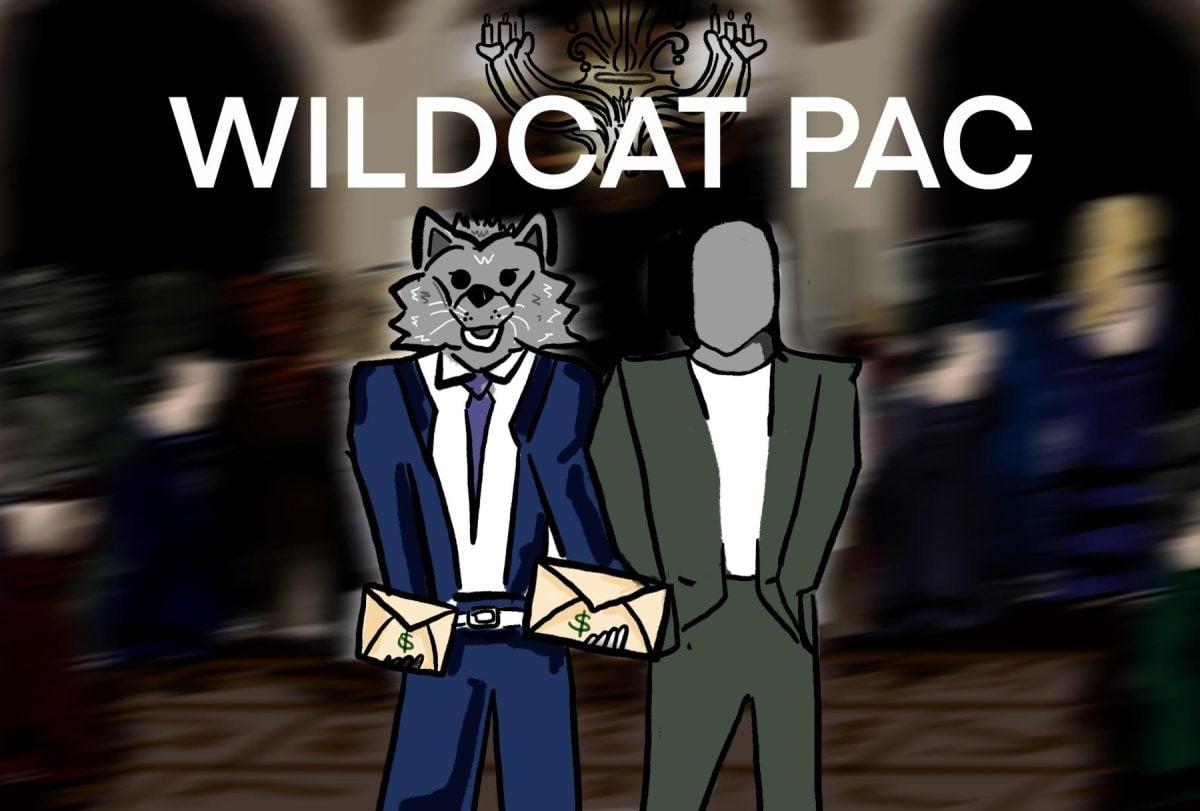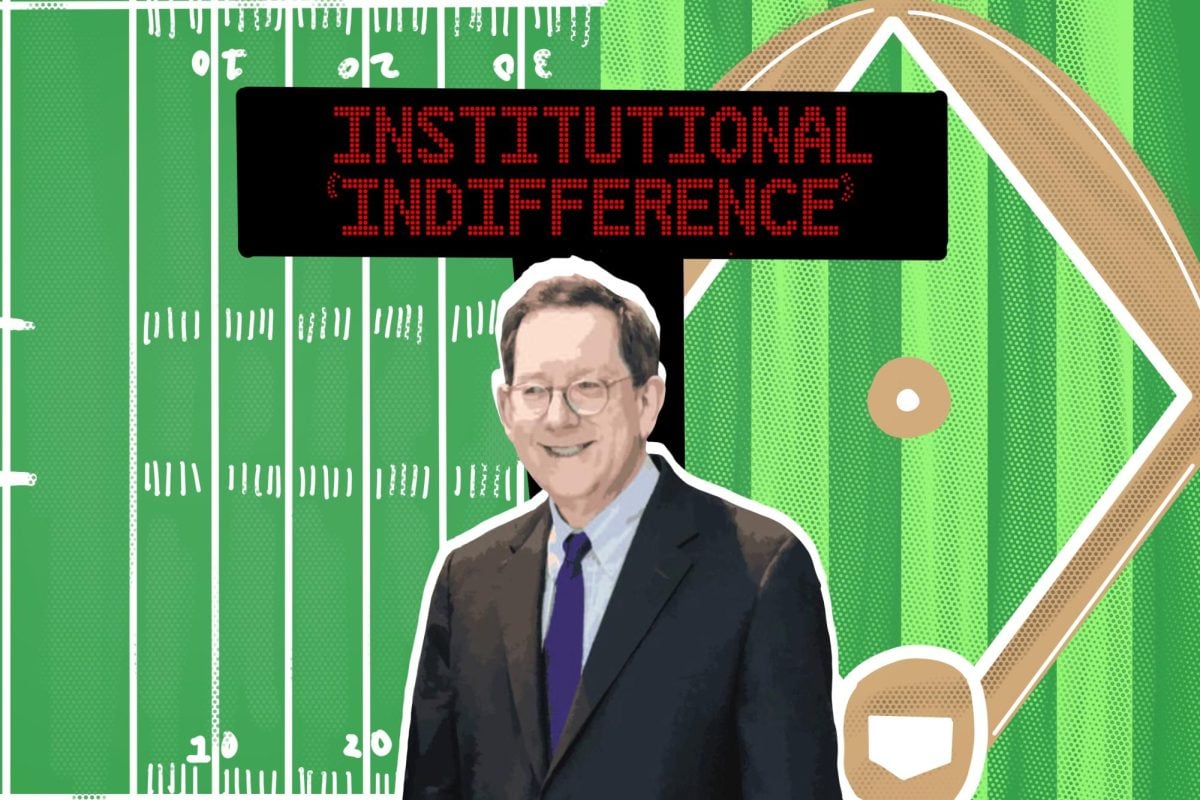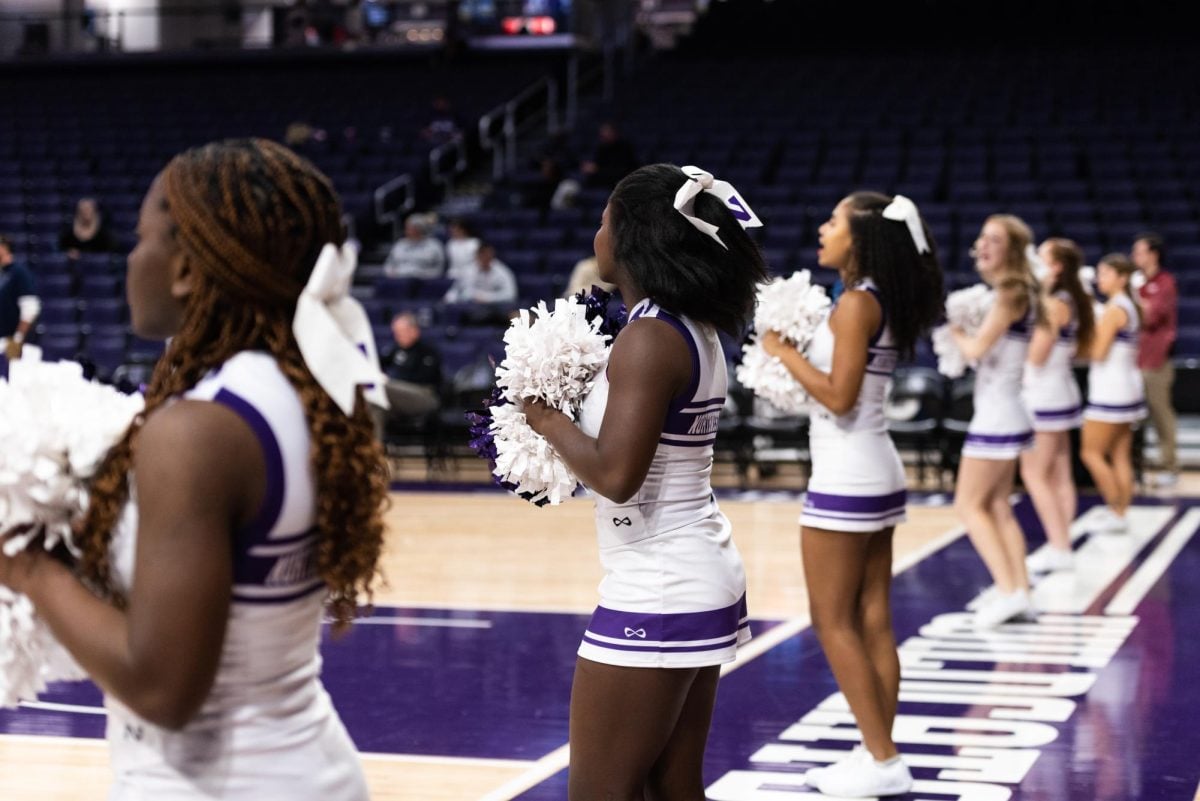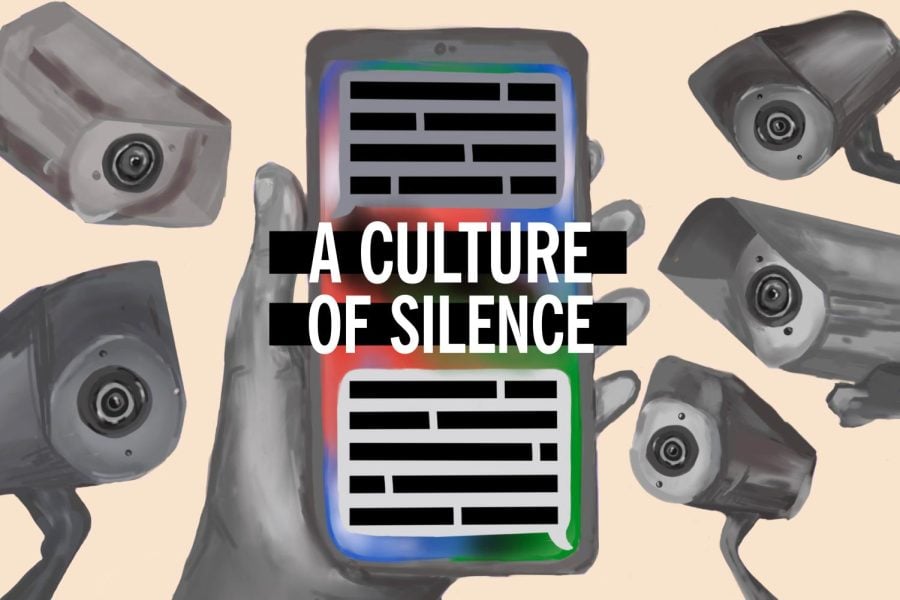It’s rare for students to happen upon Northwestern’s University Career Services building by accident.
Located on the far north end of campus at 620 Lincoln St., the nondescript stone structure is divided into two wings with no front door in sight. Its most noticeable sign is the suited undergrad clutching a black leather-bound portfolio while pacing on the lawn out front.
The center’s remote location is one reason some consider UCS to not be as effective as it could be. To better serve students, UCS needs a more prominent space on campus, University President Morton Schapiro told The Daily last month.
“They are hampered by their location,” he said. “You need a helicopter to get there from the South Campus.”
But location is only part of a broader issue affecting UCS: lack of student awareness about its services, according to a recent survey of 395 students by NU’s Institute for Student Business Education’s analytics group, which conducts data analysis to provide recommendations to clients. The report, presented to career service staff Tuesday, found that students who use UCS are generally satisfied with its resources, but a large number of students don’t know these resources exist.
“Students don’t really hear about (a UCS resource) until they need it,” said Lonnie Dunlap, executive director of UCS.
And facing a tough job market, they’re looking for something to blame.
Connection problems
In a letter sent to The Daily in late January, an anonymous alumnus working as a recruiter for a large company criticized UCS services for inadequately preparing students for interviews.
Weinberg senior Cameron Lee said UCS was not as helpful in providing specific advice in his career search as he had wished.
“It seems like a lot of other schools have a lot more on-campus interviews,” he said. “Maybe they’re just not as effective at advertising that.”
Many underclassmen, including Berkcan Akpinar, have never accessed UCS resources.
“I can do the search on my own,” the Weinberg sophomore said.
Other more specifically targeted career services at NU also struggle to attract students.
Last month Medill Career Services held its first LinkedIn seminar. Medill’s center has the advantage of delivering a weekly digest to all its students, whereas the UCS system, CareerCat, requires students to sign up to receive e-mails.
Still, this reporter was the only student in attendance.
The ISBE Analytics survey showed student interest for more services, including opportunities outside of Chicago, career-specific tracks and resources for fields outside of business.
The student criticism is partially due to the difficult job market. Students graduating during a recession are more likely to complain about career services, said Schapiro, an economist of higher education.
“Career centers are always fraught,” he said. “Especially in a recession, people are always blaming the lack of organization.”
The current national unemployment rate is 9 percent, which jumps to 15 percent for people aged 20 to 24, said Adolfo Laurenti, the deputy chief economist at Mesirow Financial. In the uneven job market, older, more experienced applicants are taking positions normally available for new professionals, he said.
“(The unemployment rate) is not coming down yet,” he said. “The job market is very slow in creating opportunities for people in this age bracket.”
But for NU students, things are looking up.
UCS reports a 13 percent increase in graduating students going into jobs from 2009 to 2010. Dunlap said she expects more increases this year.
“The market is still very competitive,” Dunlap said. “But it’s coming back. Students who have been dedicated to a solid job search are seeing results.”
Proposed solutions
The UCS waiting room is filled with a bookshelf of graduate school materials, a wall with 36 different career service pamphlets and two rotating stands with magazines including Bloomberg Businessweek, National Minority Update and Rolling Stone.
The staff is comprised of three career counselors, two internship counselors, six employment specialists, one alumni career counselor, graduate students, undergraduate career ambassadors and work-study students.
Appointments with career counselors are usually booked two to three weeks in advance, Dunlap said. Last year UCS provided more than 6,300 individual appointments, a 13 percent increase from the year before. About 500 employers participated in UCS activities last year.
While the number of students attending appointments and workshops increases each year, staffing has stayed the same, Dunlap said.
One of the biggest challenges is getting students to start accessing UCS resources early in their college careers, Dunlap said. According to the survey, 42 percent of students reported using UCS for the first time senior year, in contrast to the 3 percent who reported using UCS resources freshman year.
As part of UCS’s outreach on campus, a group of seven student career ambassadors promote UCS services to student groups and join career counselors in assisting their peers with résumé and cover letter review at walk-in hours at the University Library.
Priya Suresh, the group’s outreach coordinator, said there is often a disconnect between the resources UCS offers and the effort students make to take advantage of them.
“A lot of people I know are scared,” the SESP senior said. “They feel unprepared. They’ll say, ‘Oh, I don’t have a résumé.’ But that’s a perfect reason to come.”
Chirag Gupta, another career ambassador, is working on plans to launch a UCS marketing campaign next fall using humor to reach out to students who haven’t used UCS services. The McCormick junior said he would hope to model the campaign after NU’s well-publicized Sex Week which raises awareness about sexual health on campus.
“I want to do that with Career Services, make it something funny, something we can relate to instead of being intimidating,” he said.
UCS also plans to increase its use of webinars, online information sessions, which staff members started setting up last year.
But the most effective way to increase awareness of UCS may be to move it, Dunlap and Schapiro said.
Other Chicago-area universities locate their career office near other student services.
The University of Chicago’s Career Advising and Planning Services is located about mid-campus in a building that also houses the student newspaper, The Chicago Maroon, and a private event club, The Pub. Loyola University Chicago career services are also located in a building near the center of campus with other student services, including academic advising and residence life.
“But where would we go?” Dunlap said. “We’d basically need a new building.”
Schapiro said that option may be on the table during the upcoming discussion about the University’s Strategic Plan.
“It could be really nice if maybe we gave them a better space,” Schapiro said, adding he is thinking about how to make it possible.

